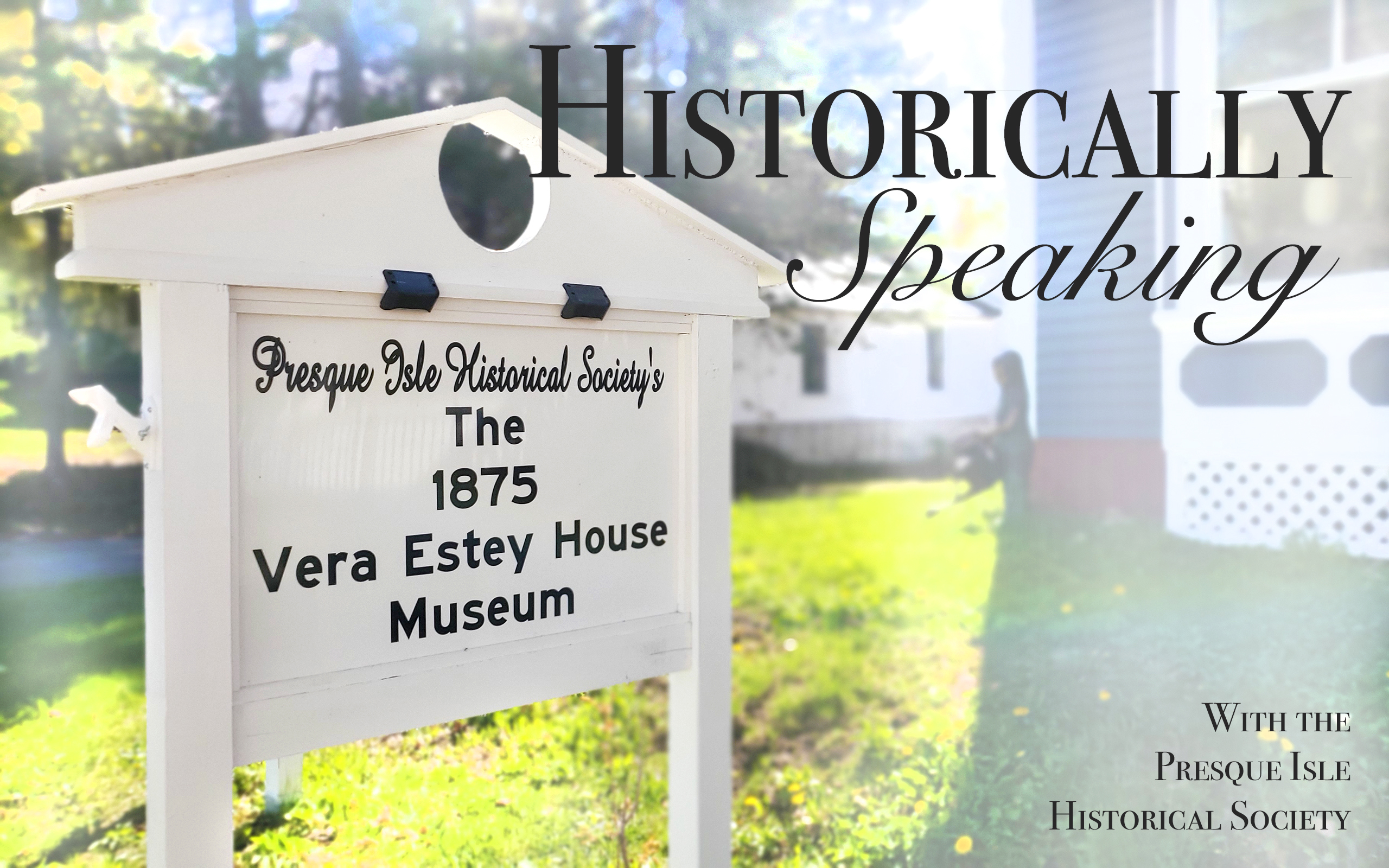As seems to be the case, many of our community’s early settlers were what I would refer to as “Renaissance men.”
According to the Merriam-Webster Dictionary, a “Renaissance man” is someone who is well educated and sophisticated and who has talent and knowledge in many different fields of study.
However, the common understanding of that phrase which I prefer is “a person with genuine competence in and understanding of multiple different fields, all of which complement one another to make him or her a more talented and productive person.”
This latter definition certainly applies to the honorable Edward Wiggin. Wiggin was born in Bangor in 1837 and moved to Aroostook County in 1854. He first worked as a teacher in Hodgdon. In 1861, he enlisted to serve his country in the Civil War with the 6th Maine Battery. After seeing action at Second Bull Run, Antietam and Chancellorsville, he mustered out as a lieutenant.
From 1868 to 1876, he was the collector of customs in Fort Kent. Finally, in 1876, he moved to Maysville (which was annexed by Presque Isle in 1883). Here, he was the postmaster, living across the street from the Maysville Town Hall, school and Grange (the site that is now Presque Isle Historical Society’s Maysville Museum). In addition, he was active in the community in many other ways such as serving as a constable and was in the Masons and the Grange.
For many years, he served as the superintendent of schools and, in this capacity as well as that of serving on the state Department of Education, played an important role in securing the Aroostook State Normal School (now known as the University of Maine at Presque Isle) for our area. Incidentally, Edward’s son married the daughter of Susan Mitchell Hooper Duff, who was supposedly the first teacher in Aroostook.
Wiggin was a member of the State Board of Agriculture from 1883 to 1885 ultimately holding the position of president of the board in 1885. Beginning in 1893, Wiggin also served two terms in the Maine State Senate.
Edward became a Master in the Maine State Grange in 1893. In fact, his portrait is one of several key individuals on the plate that was issued to commemorate the 100th anniversary of the Maine State Grange in 1974.
According to his obituary published in the Star Herald in 1912, he felt that one of the highlights of his “usefulness as a citizen” was to aid in the securing of a railroad outlet for the area. The arrival of the railroad in Presque Isle certainly transformed the community through economic growth.
It is said that Edward had a great love for books and enjoyed writing both prose and poetry. In fact, he was a published writer. In 1922, his book The History of Aroostook was published posthumously. In researching this book, Wiggin visited every town in The County, obtaining facts from the pioneers of each town. The original manuscript consists of newspaper clippings and his original handwritten notes in pencil.
Wiggin passed away in 1912 while on a trip to Augusta. His funeral services were held in his home in Maysville on the corner of what is now the Caribou and Brewer roads. He was interred in the Maysville Cemetery, now known as the Johnson Cemetery.
Kimberly R. Smith is the secretary/treasurer of the Presque Isle Historical Society.








